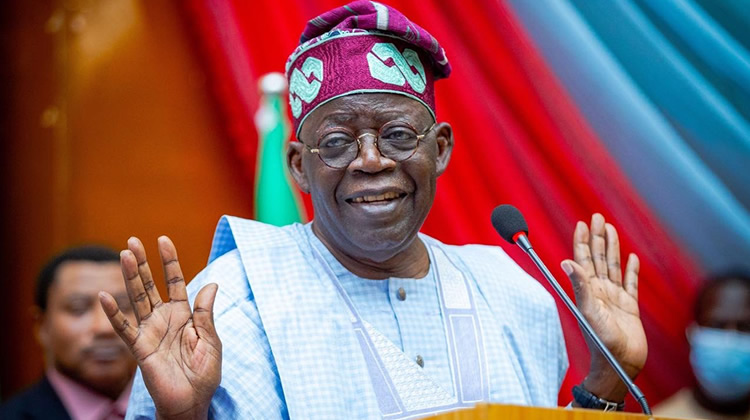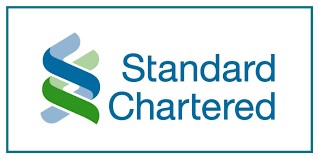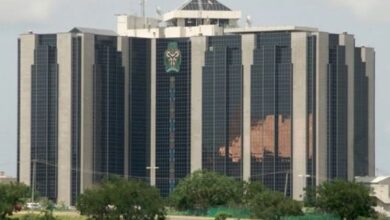Key Takeaways from Bola Tinubu’s Inauguration Speech

On the 29th of May 2023, Bola Tinubu took his oath of office as President of the Federal Republic of Nigeria, and here are a few takeaways from his inauguration speech.
We Will Reform Our Security Doctrine And Architecture.
In his speech, he noted, “We shall invest more in our security personnel, and this means more than an increase in number. We shall provide, better training, equipment, pay and firepower,” thus aligning with his Renewed Hope Manifesto.
Also Read: Tinubu’s Emergence Sets the Stage for Titanic Presidential Battle, but Mood in the Country Is Foul
The Renewed Hope Manifesto highlights two significant commitments: an expansion in the recruitment efforts of the Nigerian Police Force and the provision of advanced, non-lethal equipment accompanied by manpower development programs. Additionally, the manifesto proposes the liberation of the Police Force from ancillary responsibilities such as VIP security, guard duties, and the safeguarding of government buildings, installations, and other vital assets. The manifesto suggests a transfer of these responsibilities to the Nigeria Security and Civil Defence Corps (NSCDC).
His body language and public statements have shown that Mr Tinubu’s preferred approach to security is the recruitment of additional security forces. And this approach cannot be faulted, as Nigeria is severely under-policed. With less than 250,000 active policemen serving a population of about 200 million people, Nigeria has a very poor police-to-citizen ratio. And based on the UN’s recommendation of one police officer for 450 citizens, Nigeria needs between 400,000 to 450,000 police officers to bridge the gap.
We’re Targeting 6% GDP Growth
Tinubu noted, “On the economy, we target a GDP of not less than six per cent growth.”
The speech also contained, “First, budgetary reform stimulating the economy without engendering inflation will be instituted.
“Second, industrial policy will utilize the full range of fiscal measures to promote domestic manufacturing and lessen import dependency.”
Also Read: Fuel Subsidy is Gone, Tinubu Declares as He is Inaugurated as President
Throughout President Buhari’s 8-year tenure, Nigeria averaged a GDP growth rate of 1.35%, the lowest ever for any Nigerian leader. And the country’s highest annual GDP growth rate under the past president came in 2021 at 3.40%, as the country faced two recessions in 2016 and 2020.
According to the IMF, Nigeria’s projected GDP growth rate for 2023 is 3.2%. However, in the first quarter, the country’s actual GDP growth rate was only 2.31%, indicating that the economy is currently performing below expectations.
According to Mr Tinubu, “Electricity will become more accessible and affordable to businesses and homes alike. Power generation should nearly double and transmission and distribution networks improved. We will encourage states to develop local sources as well.”
He also noted that multiple taxations and “various anti-investment inhibitions” complaints will be reviewed. Investors and businesses have consistently appealed to the government to address the high corporate tax rates in Nigeria, which currently stand as one of the highest in the world, at approximately 30%.
We Will Create One Million Jobs in the Digital Economy
The speech noted, “We shall honour our campaign commitment of one million new jobs in the digital economy.” The President also said his government will work with the National Assembly to pass a jobs and prosperity bill.
According to him, the bill will “give our administration the policy space to embark on labour-intensive infrastructural improvements, encourage light industry and provide improved social services for the poor, elderly and vulnerable.”
We Will Unify the Exchange Rate
Nigeria’s multiple exchange rate regime has been a source of concern among observers and players in the Nigerian corporate scene. The presence of multiple exchange rates has fueled a disturbing system of foreign exchange arbitrage in the country. However, the new President noted in his speech that the Central Bank will work towards a unified exchange rate.
He said, “The Central Bank must work towards a unified exchange rate. This will direct funds away from arbitrage into meaningful investment in the plant, equipment and jobs that power the real economy.”
The Interest Rates are Too High
Still, on monetary policy, he also noted that the country’s interest rates need to be reduced in order to “increase investment and consumer purchasing”.
With Nigeria’s MPR now at 18.5% and inflation at 22%, borrowing costs have simply become too high, especially for SMEs in the country. And experts have eagerly anticipated the reforms that the new administration may undertake.
Also Read: Nigeria 2023: President Bola Tinubu or President Nasir El-Rufai?
Also, the new President did not spare the CBN as he berated the CBN for a “harsh” application of the Naira redesign policy. He noted that his administration will review the policy.
When it comes to monetary policy, it is yet to be determined what reforms will be implemented at the Central Bank of Nigeria (CBN), despite widespread expectations that Tinubu will appoint a successor to Godwin Emefiele as the CBN Governor.







